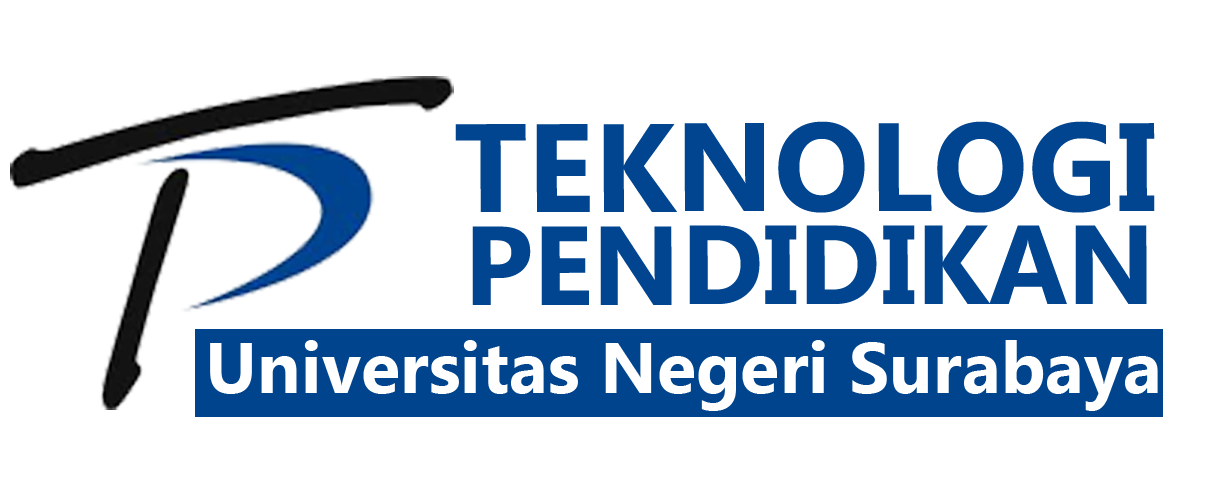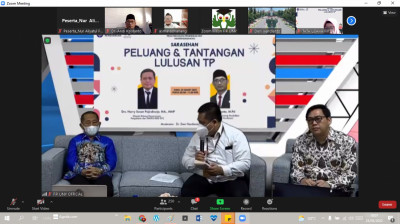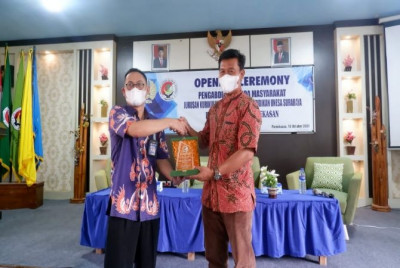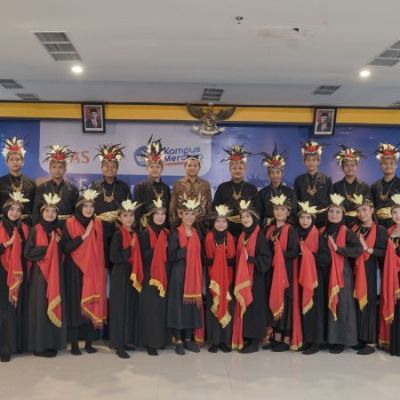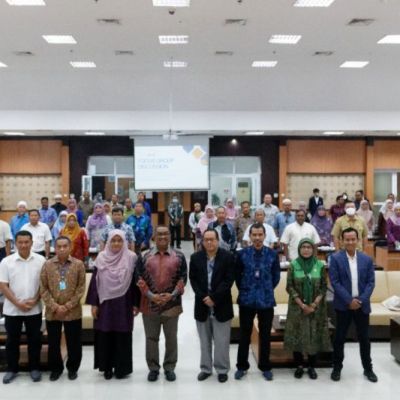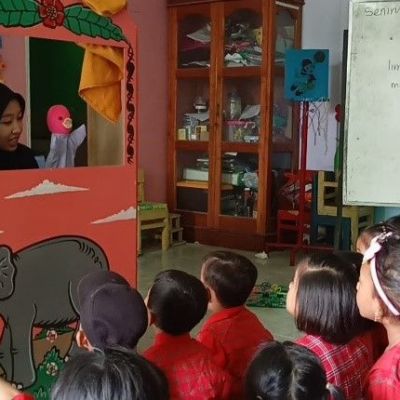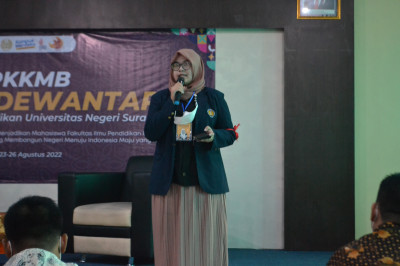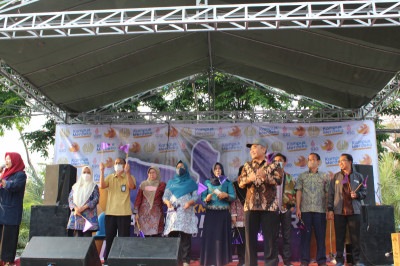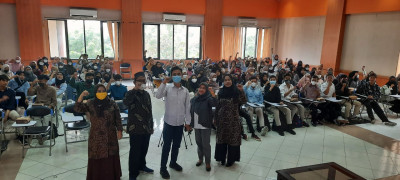Insights and knowledge about public education policy in the 21st century is very necessary for those who pursue it. This book is here to complement the series on the topic of education policy and politics. There are many books on this topic, but what sets it apart from other books on a similar topic is that it was written by a professor from the Israel Open University (OUI). Berkovich serves as head of the Research Institute for Policy Analysis at OUI. He also serves on the editorial board of the International Journal of Educational Management and International Studies in Sociology of Education. Much of his research focuses on the strategic and micro aspects of leading educational organizations, as well as on education policy, governance, and planning. So it is certain that the author is very competent and expert in this field. The following are the details of the identity of the book being reviewed. The identities of the reviewed books are as follows, Book Title : Education Policy, Theories, and Trends in the 21st Century Sub Title : International and Israeli Perspectives Author : Izhak Berkovich Series : Policy Implications of Research in Education Volume : 12 Year of publication : 26 January 2021 Publisher : Springer International PublishingEbook ISBN : 978-3-030-63103-1DOI : 10.1007/978-3-030-63103-1Hardcover ISBN : 978-3-030-63102-4Series ISSN : 2543-0289Print : 1Book Dimension : 162 pagesTopic : Educational Policy and PoliticsBook price: around Rp. 1,500,000 to Rp. 1,600,000 As previously stated, that this book was written by a professor who is an expert in educational policy and is Israeli. Berkovich has also received several awards, including the Emerald/EFMD Outstanding Doctoral Research Award in the Educational Leadership and Strategy category and the Evolving Scholar Award from the AERA Educational Change SIG. His writings include more than 60 articles on educational leadership, ethics, and social justice in school management, emotions in schools, politics and policy-making in education, and educational reform in reputable journals. This book turns out to be very comfortable to read because the narrative is simple, consisting of 7 chapters that are systematically explained starting from an introduction to education policy, the process of planning and implementing education policy, contextual factors, contemporary discussion of educational policy problems in the 21st century and their solutions, and the last is the discussion of educational policy as a scientific field. The following is an overview of each chapter of this book.Chapter 1 Introduction to Education Policy This chapter provides background for the discussion of the two main focuses of this book: (a) the process of design and implementation of education policy, and (b) contemporary discourse on problems and solutions in the education system. . Described in the early 20th century, education was accepted as a basic public resource, and the idea that governments should shape policies that guide the education system took root. Since then, the essence of the state, its relationship to its citizens, the nature and extent of the education system, and the interests associated with it have undergone many changes. In the last few decades, As a result of the growing dominance of globalization and multiculturalism, public education has been reshaped, and the management of the public education system has changed. This chapter begins with an explanation of basic concepts, such as education policy and policy, as well as related concepts, such as educational planning. Next, it defines what public education is, discusses how certain historical periods affect it, and talks about trends in the current era that shape it. This book also discusses the key ideologies that shape education, and explores how these ideologies relate to educational policy. examine different approaches to problem solving, adopt one approach, try it out, and evaluate it. One of the most common ways to describe the policy process is as a chronological sequence of events. Such a model usually contains key steps, such as problem identification and agenda setting, policy formulation, decision making, adoption of preferred alternatives, and finally, implementation and evaluation stages. The focus of this chapter is on education policy that seeks to understand how and why a problem gets public attention, and why certain policy solutions are accepted. Questions like these arise because at any given time, a large number of issues require the attention of policymakers. The focus on specific issues and how these problems are framed in public discourse, as well as on the selection of specific solutions, is also related to aspects of power and the characteristics of problems in education. Chapter 3 Policy Process: Education Policy Implementation Having focused on the first stage of the policy-making process, in which policymakers define problems and set education priorities, this chapter draws attention to later stages of the process, including policy implementation and evaluation. Research on this topic focuses on the instruments used by policy makers, and the effects of these instruments on the implementation and evaluation of policy program outcomes. This chapter focuses on several issues related to the implementation of education policy: (a) a discussion of how policy makers select policy instruments and use controls to ensure that strict implementation of objectives is carried out; (b) a study of how participants in the implementation of education policy at the grassroots level are involved in the development of the policies implemented, and how their actions shape the nature of policies at the institutional and national levels; (c) a description of the various functions performed by policy evaluation; and (d) lastly a discussion of the way in which systemic change and reform in recent decades has become a central strategy in the implementation of education policy.Chapter 4 Policy Process: Contextual Factors An education policy is formulated in a particular social environment shaped by several contextual factors. To be able to effectively push processes to their limits, policymakers need to be aware of these factors in order to understand the context in which they operate. This chapter discusses some of the contextual factors mentioned in the literature as challenging educational structures and influencing the functioning of the education system, including: (a) economic and demographic aspects of the country, (b) characteristics of political culture regarding the stability and degree of corruption of the political system, and ( c) aspects of national culture and social cohesion.Chapter 5 Contemporary Discourse in Educational Policy in the Twenty-First Century: The Problems Written in this chapter an assessment of various studies on education policy design, implementation, and contextual factors relevant to the process. Apart from these topics, most of the literature on education policy extensively addresses the unique problems that the current education system is forced to address. Problems in education systems related to structural, process and outcome failures are a significant challenge for policy makers around the world. The presentation in this chapter discusses two focal points. First, about the fragile state of education. In public discourse, the problem is not perceived as an operational problem that needs to be resolved for system improvement, but as a fundamental weakness in public education that undermines legitimacy and requires a complete system change. Second, an in-depth discussion of three main types of problems that often arise in the discussions of policy makers and researchers: (a) problems related to the central bureaucratic structure of the education system and the lack of effectiveness identified with it; (b) problems related to inadequate professionalization of teaching staff in the field of knowledge and training; and (c) problems related to the perceived inequalities created in the education system.Chapter 6 Contemporary Discourses in Educational Policy in the Twenty-First Century: Solutions In the previous chapter, we have discussed the main problems in contemporary education policy. In this chapter, proposed solutions for the improvement of the public education system are presented. These two chapters are directly related because, for the most part, the way in which problems are defined in the education system corresponds to the proposed solutions, and these are often discussed together. In general, four types of solutions are offered by policy makers and policy researchers to current problems in the education system: (a) solutions to promote school effectiveness, which include decentralization of power and promotion of market elements and accountability in education; (b) solutions to promote teaching as a profession, emphasizing the professionalization of educators through changes in the training and selection of teacher candidates; (c) solutions to promote equity, with a focus on creating systemic conditions aimed at promoting disadvantaged population groups; and (d) solutions to promote collaboration between institutions, between professionals, and between professionals, students, parents, and the community. Of the four, most of the chapters are devoted to discussing solutions to improve school effectiveness, because today, this type of solution is most common in the discourse of policy makers and educators. Chapter 7 Criticism of Educational Policy as a Field of Knowledge Much literature on education policy has been devoted to understanding the factors involved in the formation of education policy and the policy implementation process, defining the main issues in education, and explore various proposed solutions. Chapters 2, 3, 4, 5, and 6 cover this issue. At the same time, there is a growing awareness that education policy knowledge is largely shaped by the basic assumptions and methodologies used in the field. With this recognition, researchers are becoming increasingly critical of the knowledge generated and acquired in the study of educational policy. This chapter presents some important criticisms in the literature of the basic assumptions and methodology of education policy. Critics focus on three aspects: (a) how researchers‘ preconceived notions and the conceptualizations they use shape research; (b) comparative policy study methodology; and (c) educational program evaluation methodology. This chapter is a critical summary that seeks to stimulate in-depth reflection on theories and research findings related to the field of education policy. Strengths of this book provide an easily digestible overview of public education policy. The narration is very systematic starting with an introduction to the topic and ending with a discussion related to very important research related to the topic. The presentation of this book can be followed and enjoyed by readers who are new to the topic and those who have been working on the topic for a long time. The language used in this book is very easy to understand, there are no terms that are too difficult in the fields discussed. This book is very comprehensive in discussing the education policy process. The policy process discussed in the earlier half of this book is about the design and implementation of education policy. Accompanied by a discussion of the cultural context that surrounds the public education policy-making process. This book provides insight into public policy and education policy based on studies and educational systems around the world. This book offers a meta-conceptualization of the problem and at the same time offers a solution in the discourse of public education policy. This book applies a functional and critical lens to the topic of global public education policy. This book discusses issues that are rarely discussed in the discourse on education in Indonesia. Among other things, the issue is the gap between research results and political policies in the field of education. This book provides a valuable set of insights relevant to researchers, practitioners and policy makers interested in understanding the multifaceted aspects that shape contemporary education policy. This book offers solutions to contemporary problems in education policy such as effectiveness in education, including decentralization, managerial accountability including establishing standards and core curricula, and introduce evaluation mechanisms. This era of disruption should also be a starting point for thinking in designing educational policies, but this issue is not discussed in this book. Likewise, the current condition, namely the quarantine period for the Covid-19 pandemic that has occurred throughout the world has not been mentioned in this book. From the reader‘s point of view in Indonesia, because this book discusses issues on topics in the context of the state of Israel which is clearly different from the context of the state of Indonesia with its multiculturalism and based on Asian values, while the state of Israel tends to have an ideological direction towards America, which is also a political partner. This book has been strategic for a long time. Conclusion This book is very good and deserves to be read, especially for those who observe and pursue national and global education policy. While reading this book, we can easily see that the author divides it into two main topics, namely about the policy process, and about discourse on public education policy. The organization of this book provides readers with a new lens to better understand the dynamics and content of today‘s education policy making. The book also offers a broad overview of public policy theory, economics, demography, sociology, history, and psychology. Each chapter includes a discussion of data originating from the international and Israeli contexts so that they can broaden the horizons of readers from Indonesia. This book provides a valuable set of insights relevant to researchers, practitioners and policymakers interested in understanding the multifaceted aspects that shape education policy today.
Education Policy, Theories, and Trends in the 21st Century International and Israeli Perspective By Khusnul Khotimah (Lecturer of Educational Technology, State University of Surabaya)
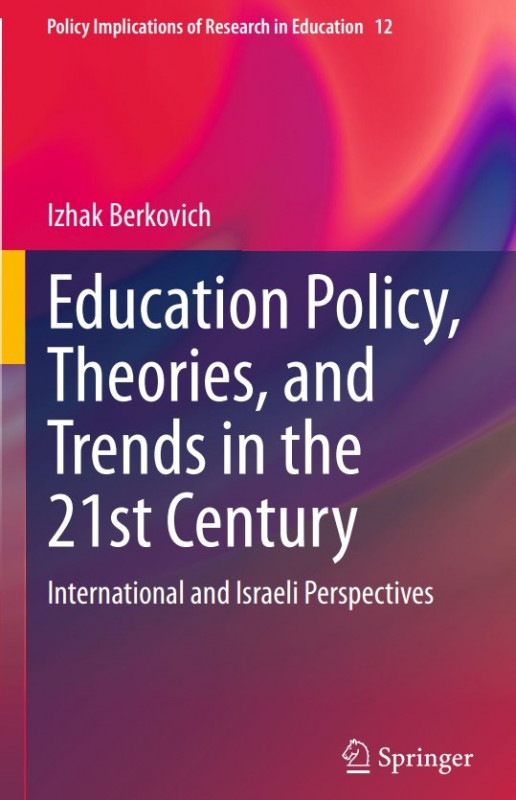
18 June 2021
